Juliane Lorenz
Birth : 1957-08-02, Mannheim, Germany
History
Juliane Lorenz is a German film editor best known for her work with and relationship to director Rainer Werner Fassbinder. She is the head of the Fassbinder Foundation, an organization that seeks to preserve and promote the filmmaker's legacy. She has authored or edited several books on the director's life and work, and has directed a documentary on the same subject.

Producer
Documentary about the making of Rainer Werner Fassbinder's 1972 German television series EIGHT HOURS DON'T MAKE A DAY, featuring interviews with actors Hanna Schygulla, Irm Hermann, Wolfgang Schenck, and Hans Hirschmüller.

Writer
Documentary about the making of Rainer Werner Fassbinder's 1972 German television series EIGHT HOURS DON'T MAKE A DAY, featuring interviews with actors Hanna Schygulla, Irm Hermann, Wolfgang Schenck, and Hans Hirschmüller.

Director
Documentary about the making of Rainer Werner Fassbinder's 1972 German television series EIGHT HOURS DON'T MAKE A DAY, featuring interviews with actors Hanna Schygulla, Irm Hermann, Wolfgang Schenck, and Hans Hirschmüller.
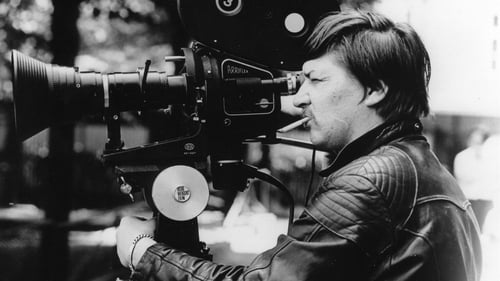
Herself
A film portrait of the influential Bavarian actor, director and screenwriter who publicly confessed
his homosexuality.

Werner Schroeter was one of the most significant proponents of New German Cinema. Schroeter was diagnosed with cancer in 2006. In her film, Elfi Mikesch, who photographed a number of Schroeter’s films and who collaborated closely with him to create his vision, provides us with an intimate insight into Schroeter’s artistic output during the remaining four years of his life.

Self
This absolutely top-notch documentary by Robert Fischer is a fascinating look back at not just the film in question, but Fassbinder's meteoric career which ended all too soon with his untimely death. Archival footage of Fassbinder is utilized (including several fascinating snippets culled from interviews he did at the disastrous Cannes premiere of Despair), as well as many others involved in the film and its release. Even if you're not a particular fan of Despair, or even in fact of Fassbinder, this is stellar documentary film making and is an intriguing look at one of the most enigmatic masters of the New German Cinema.

Producer
A retrospective look at the making of "World on a Wire".

Screenplay
A retrospective look at the making of "World on a Wire".

Director
A retrospective look at the making of "World on a Wire".

Self (uncredited)
A retrospective look at the making of "World on a Wire".

Self
A documentary about the making of the television mini-series by Rainer Werner Fassbinder, including interviewees with the principal actors.

Producer
A documentary about the making of the television mini-series by Rainer Werner Fassbinder, including interviewees with the principal actors.

Editor
A documentary about the making of the television mini-series by Rainer Werner Fassbinder, including interviewees with the principal actors.

Script
A documentary about the making of the television mini-series by Rainer Werner Fassbinder, including interviewees with the principal actors.

Director
A documentary about the making of the television mini-series by Rainer Werner Fassbinder, including interviewees with the principal actors.

Juliane Lorenz on Rainer Werner Fassbinder's Lili Marleen.
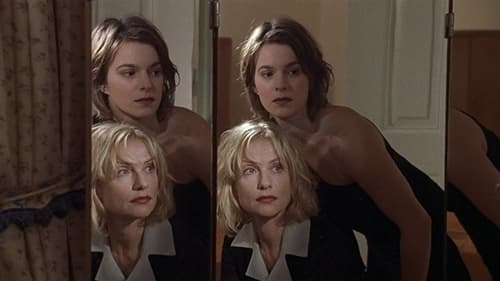
Editor
After reading a postcard that her mother let go in the wind, a woman learns that she has a twin.

Editor
Documentary musing upon the work of German filmmaker Rainer Werner Fassbinder.

Writer
Documentary musing upon the work of German filmmaker Rainer Werner Fassbinder.

Director
Documentary musing upon the work of German filmmaker Rainer Werner Fassbinder.

Editor
German director Werner Schroeter invited his favourite opera singers to a 13th century abbey near Paris. There was no pre-planned action. There was no script, no continuity. On the other hand, there were precise constraints that provided the rules of the game: the setting, the Abbey of Royaumont, and the chosen participants. Each singer came accompanied by a person of his or her choice, and worked on an aria chosen by the director.

Self
A documentary about the life and work of director Rainer Werner Fassbinder.
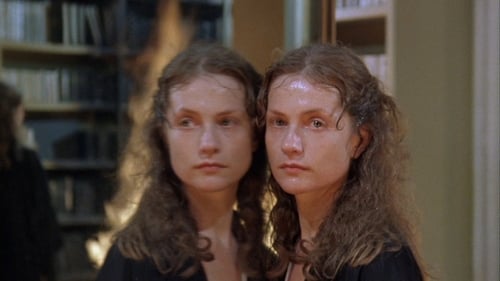
Editor
A complex and enigmatic plot that evokes the life of Bachmann. The story develops around an unusual triangular relationship, a threesome between a woman of unknown name, a man named Malina and a Hungarian, Ivan, with whom she falls in love. Ivan will be his last great love, but their need for exclusivity in love is so strong that it can not be understood or matched. Malina is a struggle, a confrontation between two worlds strange and hostile.

Editor
Sabine works in a hairdressing salon in Berlin. In order to keep the job, she has to occasionally grab the boss. She also feeds her boyfriend Frank. Sabine has simple dreams: sleek-cars and holidays on the beach.

Editor
Since childhood, Raquel and Maria have been close friends. Now all grown-up, Raquel has fulfilled her dream of becoming an actress, while Maria has married a handyman, given birth to three children and runs the family household. In the wake of the Argentine military coup of 1976, Maria's oldest son Carlos is abducted. Desperate, Maria turns to her prominent friend for help. Yet the more Raquel gets involved in the search for Carlos, the more she becomes herself a target of the junta. Finally, she flees from Argentina to Berlin. Meanwhile Maria joins a group of women who investigate the fate of their disappeared relatives. In 1983, after the fall of the dictatorship, the two friends meet again.

Thanks
Egomania is a visually stunning end-of-the-world melodrama about lust, jealousy and murder set amidst solar eclipses, orchestral chants and the distant thunder of the boiling sea. The film’s characters – riddled with unconscious desires – find themselves imprisoned on an island. Drawing parallels to the work of British filmmaker Derek Jarman and staring Jarman’s actress-muse Tilda Swinton, Schlingensief’s raw and almost mythological film stands in contrast to his more offensive efforts.

Writer
Schroeter casts his tutored eye on Mnouchkine, the legendary founder of the avant-garde Théâtre du Soleil, with whom he shared an affinity for collage and pastiche, improvisation and distillation, ancient Greek drama, commedia dell’arte, opera, and Asian traditions of theater and dance. In this fascinating study of the creative process, Mnouchkine is seen directing her company in a revival of 1789, her defining political work, along with her 1977 film Molière and the theatrical premiere of Hélène Cixous’s The Horrific and as Yet Unfinished Story of Norodom Sihanouk, King of Cambodia. - MoMA
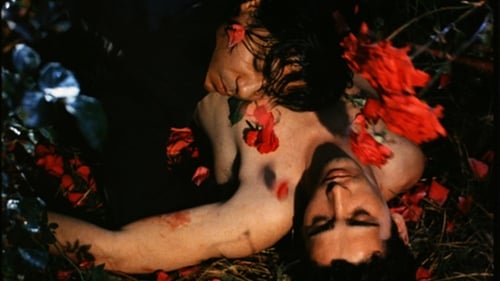
Editor
A mentally unstable woman and her son move to a sprawling mansion in Portugal to grow roses.

Editor
The relationship of a married couple in their 40s is broken when the mother has an affair with her teenage daughter's boyfriend.
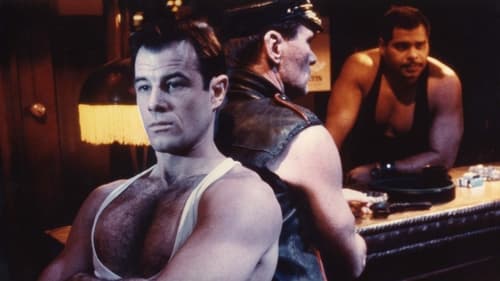
Editor
A handsome Belgian sailor on shore leave in the port of Brest, who is also a drug-smuggler and murderer, embarks upon a voyage of highly charged and violent homosexual self-discovery that will change him forever from the man he once was.
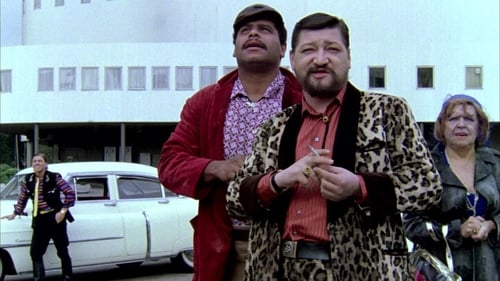
Krankenschwester
In a totalitarian society of the future, in which the government controls all facets of the media, a homicide detective investigates a string of bombings, and finds out more than he bargained for.
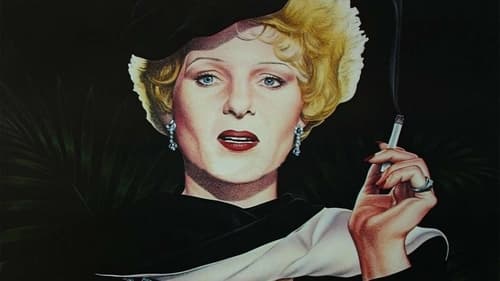
Secretary (uncredited)
In Munich 1955, German film star Veronika Voss becomes a drug addict at the mercy of corrupt Dr. Marianne Katz, who keeps her supplied with morphine. After meeting sports writer Robert Krohn, Veronika begins to dream of a return to stardom. As the couple's relationship escalates in intensity, Veronika begins seriously planning her return to the screen -- only to realize how debilitated she has become through her drug habit.

Editor
In Munich 1955, German film star Veronika Voss becomes a drug addict at the mercy of corrupt Dr. Marianne Katz, who keeps her supplied with morphine. After meeting sports writer Robert Krohn, Veronika begins to dream of a return to stardom. As the couple's relationship escalates in intensity, Veronika begins seriously planning her return to the screen -- only to realize how debilitated she has become through her drug habit.
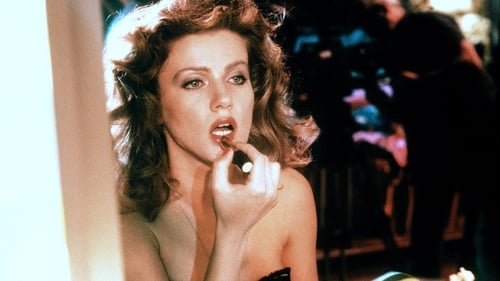
Saleswoman (uncredited)
Germany in the autumn of 1957: Lola, a seductive cabaret singer-prostitute exults in her power as a temptress of men, but she wants out—she wants money, property, and love. Pitting a corrupt building contractor against the new straight-arrow building commissioner, Lola launches an outrageous plan to elevate herself in a world where everything, and everyone, is for sale. Shot in childlike candy colors, Fassbinder’s homage to Josef von Sternberg’s classic The Blue Angel stands as a satiric tribute to capitalism.

Editor
Germany in the autumn of 1957: Lola, a seductive cabaret singer-prostitute exults in her power as a temptress of men, but she wants out—she wants money, property, and love. Pitting a corrupt building contractor against the new straight-arrow building commissioner, Lola launches an outrageous plan to elevate herself in a world where everything, and everyone, is for sale. Shot in childlike candy colors, Fassbinder’s homage to Josef von Sternberg’s classic The Blue Angel stands as a satiric tribute to capitalism.
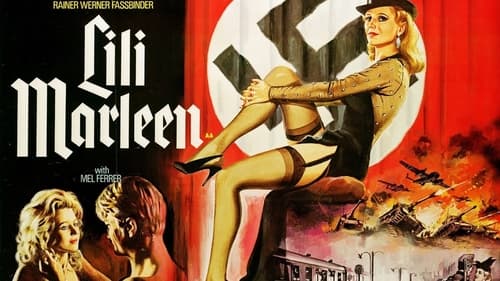
Editor
The story of a German singer named Willie who while working in Switzerland falls in love with a Jewish composer named Robert whose family is helping people to flee from the Nazis. Robert’s family is skeptical of Willie, thinking she could be a Nazi as she becomes famous for singing the song “Lili Marleen”.
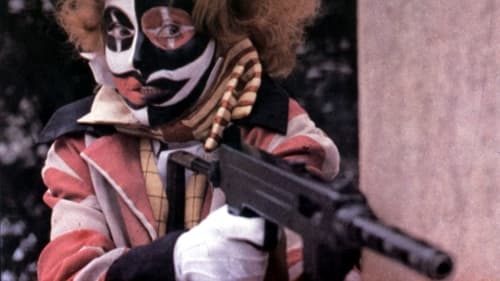
Job Placement Counselor (uncredited)
A mogul merrily funds terrorists to boost his computer sales, by panicking West German government and industry c. 1980, as the third generation of Western European left-wing activists forms, after crippling of the violent Red Army Faction. International capitalist PJ Lurz's secretary is a gang member, while her police commissioner father-in-law/lover hired Lurz' corporate security force.

Assistant Director
A mogul merrily funds terrorists to boost his computer sales, by panicking West German government and industry c. 1980, as the third generation of Western European left-wing activists forms, after crippling of the violent Red Army Faction. International capitalist PJ Lurz's secretary is a gang member, while her police commissioner father-in-law/lover hired Lurz' corporate security force.

Editor
A mogul merrily funds terrorists to boost his computer sales, by panicking West German government and industry c. 1980, as the third generation of Western European left-wing activists forms, after crippling of the violent Red Army Faction. International capitalist PJ Lurz's secretary is a gang member, while her police commissioner father-in-law/lover hired Lurz' corporate security force.
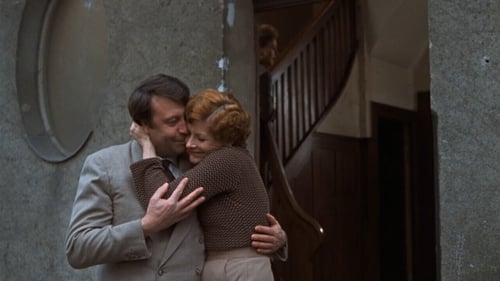
Editor
Maria marries a young soldier in the last days of World War II, only for him to go missing in the war. She must rely on her beauty and ambition to navigate the difficult post-war years alone.
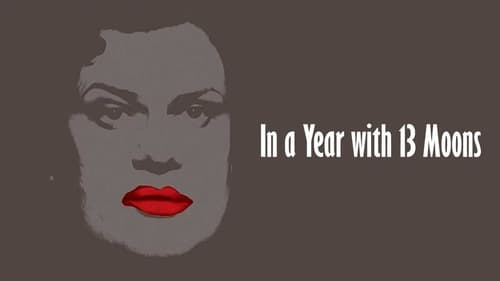
Editor
Elvira Weishaupt, once a burly working-class butcher, has made an enormous sacrifice for love. She has undergone a sex change for a romantic interest who has abandoned her, and she now must struggle to reconcile her past life with her present identity.

Editor
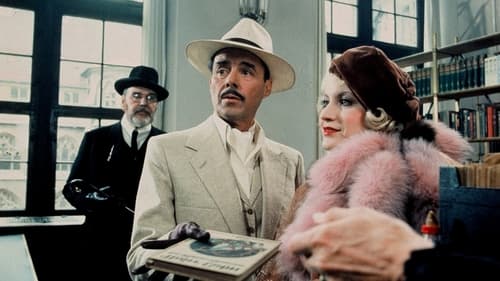
Editor
Berlin, 1930, during the rise of Nazism. Hermann Hermann, a Russian emigrant and chocolate manufacturer, married to the capricious Lydia, loses his temper more and more every day when dealing with his workers and other businessmen; until he meets Felix, a vagrant, who seems to be physically identical to him; a disconcerting fact that leads Hermann Hermann to plot a particular way out of a fake world he actually hates.
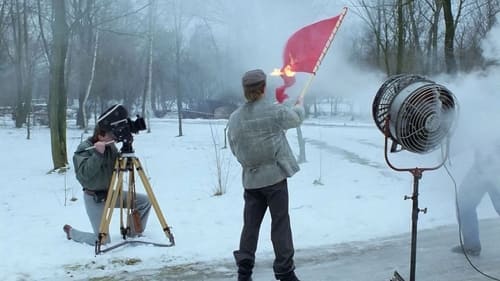
Editor
Germany in Autumn does not have a plot per se; it mixes documentary footage, along with standard movie scenes, to give the audience the mood of Germany during the late 1970s. The movie covers the two month time period during 1977 when a businessman was kidnapped, and later murdered, by the left-wing terrorists known as the RAF-Rote Armee Fraktion (Red Army Fraction). The businessman had been kidnapped in an effort to secure the release of the orginal leaders of the RAF, also known as the Baader-Meinhof gang. When the kidnapping effort and a plane hijacking effort failed, the three most prominent leaders of the RAF, Andreas Baader, Gudrun Ensslin, and Jan-Carl Raspe, all committed suicide in prison. It has become an article of faith within the left-wing community that these three were actually murdered by the state.
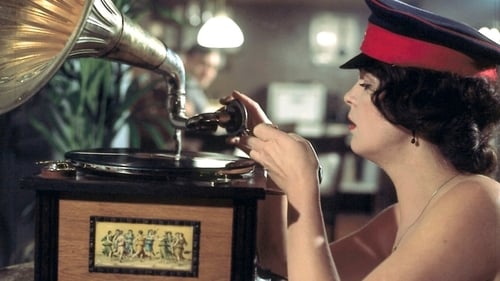
Editor
The lackluster and plodding Bolweiser has the (mis)fortune to be married to the town’s siren; his trusting nature leads him into serious trouble when she beds nearly every available guy.
















